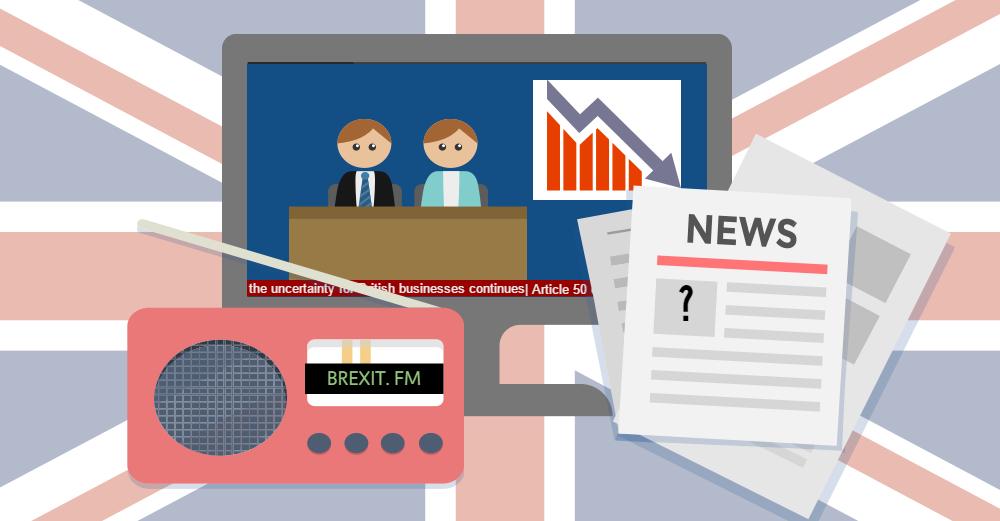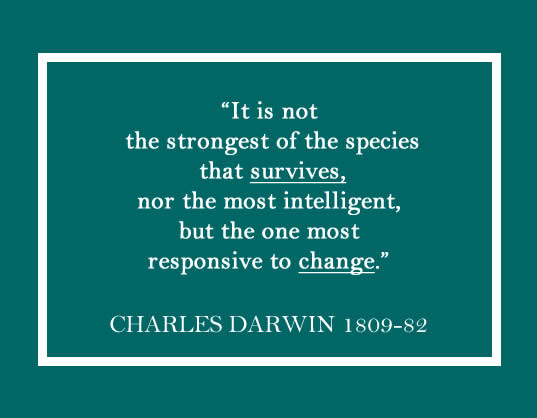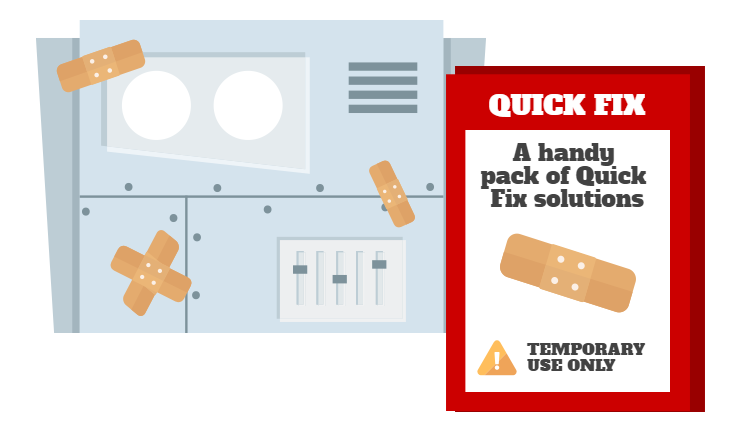- Sophie Main
- August 15th, 2016
Both before and after the notorious referendum on whether or not the UK should leave the European Union, there’s only one thing everyone agrees on: There will be great uncertainty.
With no hard facts or figures to cling onto, media attention has turned to discussing how long this uncertainty will last.
At the centre of these discussions is Article 50 of the Lisbon treaty which, once invoked, will initiate a two years period in which the terms for the split will be decided before Britain officially leaves the EU. However, as this article was only created in 2009 and has never been used before, even this evokes uncertainty. What’s more, the Prime Minister says she will not start this process before the end of 2016 and so this transitional period will not even truly begin until next year at the earliest.
So, with a seemingly never-ending period of uncertainty, what are businesses to do?
Adjusting to any change can be a daunting task for an organisation, and preparing for an unknown change can seem impossible. How do we prepare our processes to survive in an unknown economic climate, with deals and decisions that we can’t even begin to predict? One answer is to increase our efficiency.
The importance of efficiency
Whatever economic climate awaits the other side of this looming cloud of change, an efficient process has a much greater chance of succeeding than one still relying on crutches of the old procedures – crutches that may be snatched away at any moment. An efficient process has minimal input while creating an optimum output, and produces little to no waste. It consequently costs less, is simpler to adjust and is therefore more agile – and agility is imperative when faced with unknown changes. As Darwin said, it is not the strongest of the species that survive, nor the most intelligent, but the one most responsive to change.
Many large organisations made adjustments to their processes prior to the referendum in preparation for the potential risks of Brexit. This preparation for eventualities such as the fall of the pound has meant that the financial effects have not hit the purses of either the organisations or the public too hard… yet. These temporary solutions, known as ‘quick fixes’ in Business Improvement terms, are essential to keeping the company afloat, but organisations must look for permanent solutions. Quick fixes should only be used to postpone the issues, affording time to improve your process until it is efficient and effective enough make it through all possible changes.
How to improve your efficiency
Knowing how and where to begin changing your process to achieve full efficiency is rarely easy. It requires you to strip back your organisation and take an honest look at your processes. Doing this during such a tumultuous time could seem terrifying, but this is exactly what Business Improvement methodologies such as Lean Six Sigma were designed to do. They provide a structured, but flexible, approach that allows you to make changes while ensuring your process continues with minimal effect to your customer. With tried and tested techniques and the long established support system of Lean Six Sigma experts and Belts, the process can even begin to provide some certainty in such an uncertain time.
Preparing your organisation now by making it as efficient as possible not only means you can continue forward as confidently as possible, but will also be beneficial to employee morale; this worrying time for companies is just as scary for workers, at all levels. Being proactive in the face of this uncertainty will create a positive climate that encourages everyone to work together with determination to thrive on the other side of change.

So while ‘Uncertainty’ is the Brexit buzzword that seems to evoke fear and frenzy, why not try embracing it as a valuable catalyst for change? Uncertainty can be the incentive you need to transform your organisation until it is the best that it can be. By becoming a company with efficient processes, you can begin viewing what others can only see as a looming threat, as oncoming opportunities.
Get in touch on 0800 066 3749 to talk to us about the best Business Improvement method for your organisation, or take the first steps to increasing efficiency by enrolling on our FREE Lean Six Sigma course today – just click the button below.




